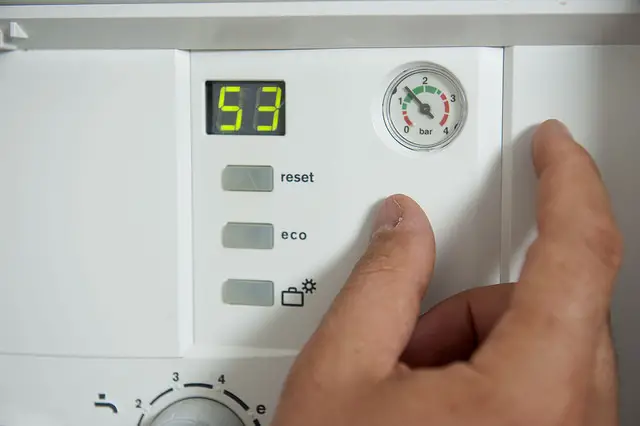Thousands of homeowners in the Isle of Wight have used government schemes to save money on their heating bills.
Energy companies and property owners shared the costs of the Energy Company Obligation (ECO) measures, which include replacing and installing insulation and more efficient boilers.
On the Isle of Wight, 2,817 homes have had improvements implemented since the start of 2013 under the schemes – accounting for 45 in every 1,000 homes in the area.
Improvements to one million homes
As part of a push to increase take-up of the scheme, the Government announced plans to deliver improvements to one million homes across Britain between the start of May 2015 and April 2020.
At the most recent count, covering the first three years of the period, they were on track to deliver, with 727,400 homes receiving improvements.
The aim of the scheme is to reduce the amount of energy required to heat properties, by helping them to retain heat more effectively and through using more efficient heating systems, and ultimately to reduce harmful pollution.
Household emissions contribute to poor air quality
Last month, a World Health Organisation report showed that more than 40 towns and cities in the UK had levels of air pollution which exceed its limits. Alongside well-known causes of pollution such as vehicle emissions, household emissions from heating and gas systems contribute to poor air quality.
However, as more efficient and greener technologies are introduced, a number of places saw pollution levels decreasing.
ECO upgrades on the Isle of Wight
In total, 3,190 ECO upgrades have been installed in Isle of Wight’s homes since the start of 2013 – more than one change can be made to a property under the scheme.
There are three separate schemes under which the measures can be installed. On the Isle of Wight, 1,725 were installed under CERO, under which energy companies provide grants to replace the insulation in old buildings.
Another 1,031 houses were upgraded under HHCRO, a means-tested scheme to help those who struggle to pay their heating bills, to provide them with new boilers or insulation.The remaining 434, measures were installed through CSCO, where energy companies upgrade insulation in areas of low income or exposed rural locations.
Million+ low income and vulnerable households upgraded
Across Great Britain, since the ECO scheme was first launched in 2013, more than a million low income and vulnerable households have been upgraded.
The most common upgrades are for cavity wall insulation (35%), loft insulation (24%) and boiler upgrades (22%).
Article shared by Data Reporter as part of OnTheWight’s collaboration with Press Association and Urbs Media
Image: CORGI HomePlan under CC BY 2.0





